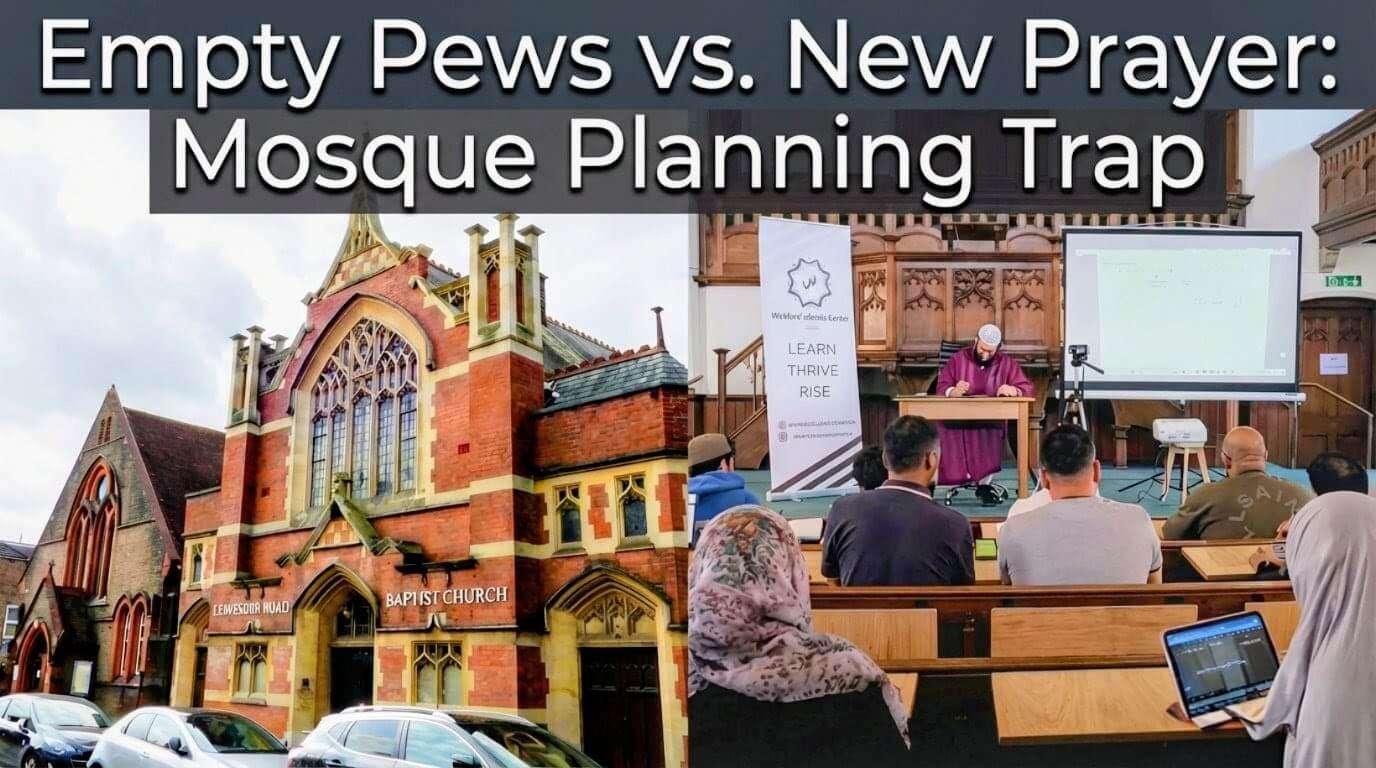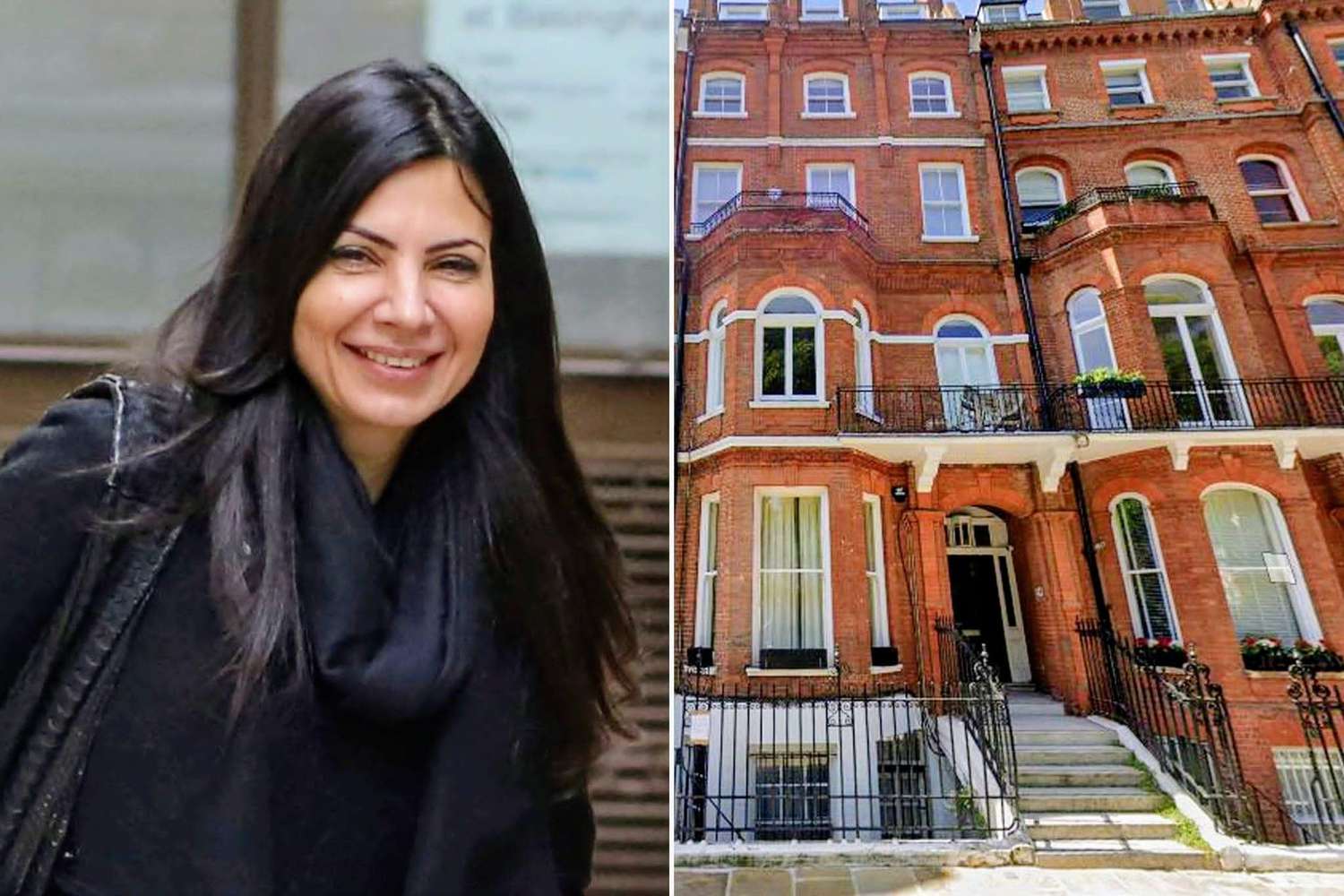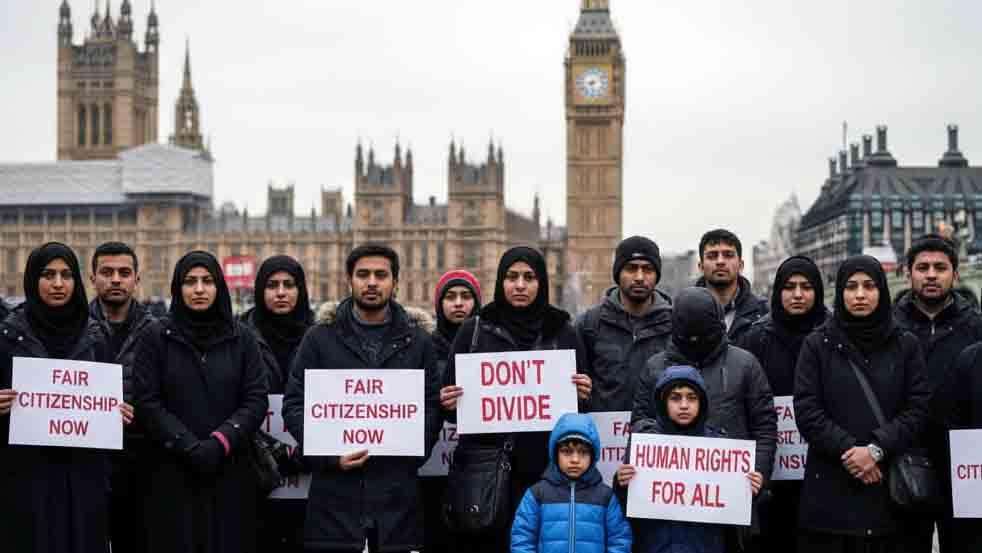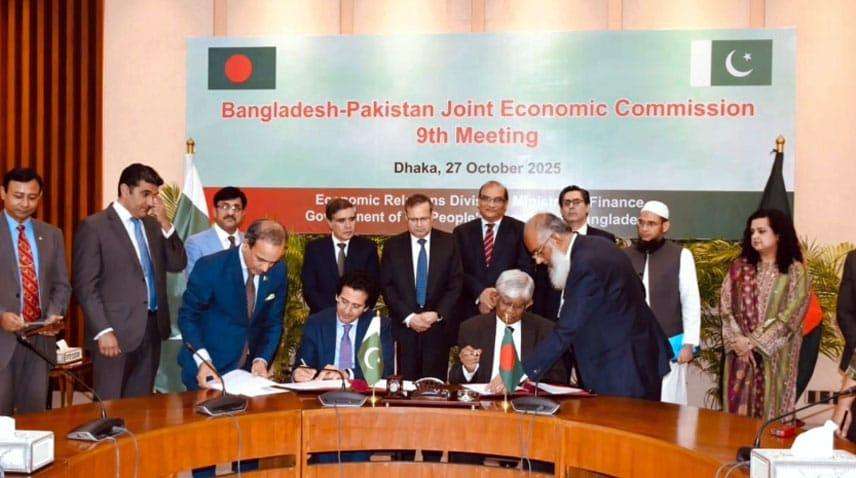A significant legislative change has come into force in the United Kingdom, ensuring that individuals stripped of their British citizenship on national security grounds do not automatically regain their status following an initial successful appeal. The Deprivation of Citizenship Orders (Effect during Appeal) Act 2025, which received Royal Assent on Tuesday, effectively closes what authorities termed a "legal loophole" exposed by a Supreme Court ruling earlier in 2025.
The new law means that an order revoking citizenship will remain in effect until all possible appeal proceedings have been fully exhausted, including applications to higher courts like the Supreme Court, or until the time limit for lodging further appeals has elapsed. This is a direct response to the Supreme Court's February 2025 judgment in the case of N3 (ZA) v Secretary of State for the Home Department, which held that a person deprived of their citizenship automatically and retrospectively regained it after a successful initial appeal, irrespective of pending onward appeals by the Home Secretary.
The government maintains that the tightening of the law is a vital national security measure. Previously, those deemed a threat could be released from immigration detention or returned to the UK while further appeals were still underway. The new measure is designed to prevent a person who is outside the UK and who poses a national security risk from returning until the final legal determination is made. It mirrors the existing process for asylum and human rights appeals, where status is not granted until all higher appeals have been decided.
Security Minister Dan Jarvis stated upon the bill's passing, “The Government takes national security extremely seriously, and this new law sends a clear message: we will take no chances when it comes to protecting our country and our people... We have strengthened our ability to keep the most dangerous people out of Britain – those who threaten our safety, our way of life and the values we stand for. This law makes us all safer.”
Updated Provisions and Retrospective Effect
Beyond keeping the deprivation order in place during the appeal period, the Act also contains a provision to prevent an individual facing deprivation proceedings from renouncing any other nationalities they hold. This step is intended to stop a person from strategically becoming solely British, which would then prevent the government from stripping them of their citizenship later due to international obligations against rendering a person stateless.
It is critical to note that the new law has retrospective effect, meaning it applies to individuals who already have appeals ongoing, not just future cases. Crucially, the law does not change a person’s existing right to appeal nor does it widen the reasons for which the Home Secretary can deprive a person of their British status, which are generally for national security or fraud grounds.
Between 2018 and 2023, the government revoked the citizenship of an average of 12 individuals annually on the grounds that it was deemed "conducive to the public good." High-profile cases, such as that of Shamima Begum, who was stripped of her citizenship in February 2019 after travelling to join the so-called Islamic State group in Syria, underscore the application of this power in cases of terrorism and serious public interest.
Impact on the British Muslim Community
While the government insists the power is used sparingly against a narrow band of threats like terrorists, extremists, and serious organised criminals, the continuous expansion of deprivation powers is a profound source of anxiety for the British Muslim community and civil liberties organisations.
Research by groups such as the Institute of Race Relations (IRR) has repeatedly highlighted that the use of citizenship deprivation powers has been disproportionately targeted at British Muslims, particularly those of South Asian heritage, who are more likely to possess or be eligible for a second nationality through a parent's country of origin.
- Second-Class Citizenship: Critics argue that such laws effectively create a "second-class" or "contingent" form of citizenship. For racialised citizens and Muslims with a dual nationality link, their British status is perceived as conditional on their conduct, in a way that does not apply to White British citizens who do not hold a dual nationality. The message sent is that, despite their passports, their belonging is fundamentally less secure.
- Heightened Anxiety: The new Act, by making the loss of citizenship instant and protracted throughout a potentially lengthy appeals process, intensifies the fear and insecurity already present within the community. It means that even a successful appeal at a lower court provides no immediate relief or restoration of fundamental rights, and the individual remains in limbo, often outside the country and separated from family, for years.
- Political Context: The law is viewed by many community advocates as a part of a broader "Hostile Environment" and counter-terrorism framework, like the Prevent programme, which critics say unfairly stigmatises and targets Muslim communities. This new measure is seen as another iteration that further entrenches the executive's power, diminishing the role of judicial oversight during the initial and appellate stages of the process.
Although the government argues the law protects national security, civil society groups contest that the disproportionate impact on Muslims makes the legislation fundamentally discriminatory, challenging the principle that citizenship should be a secure right, not a conditional privilege. The controversy around the new Act is expected to fuel further debate on the fairness and proportionality of the UK's citizenship laws.








.svg)

